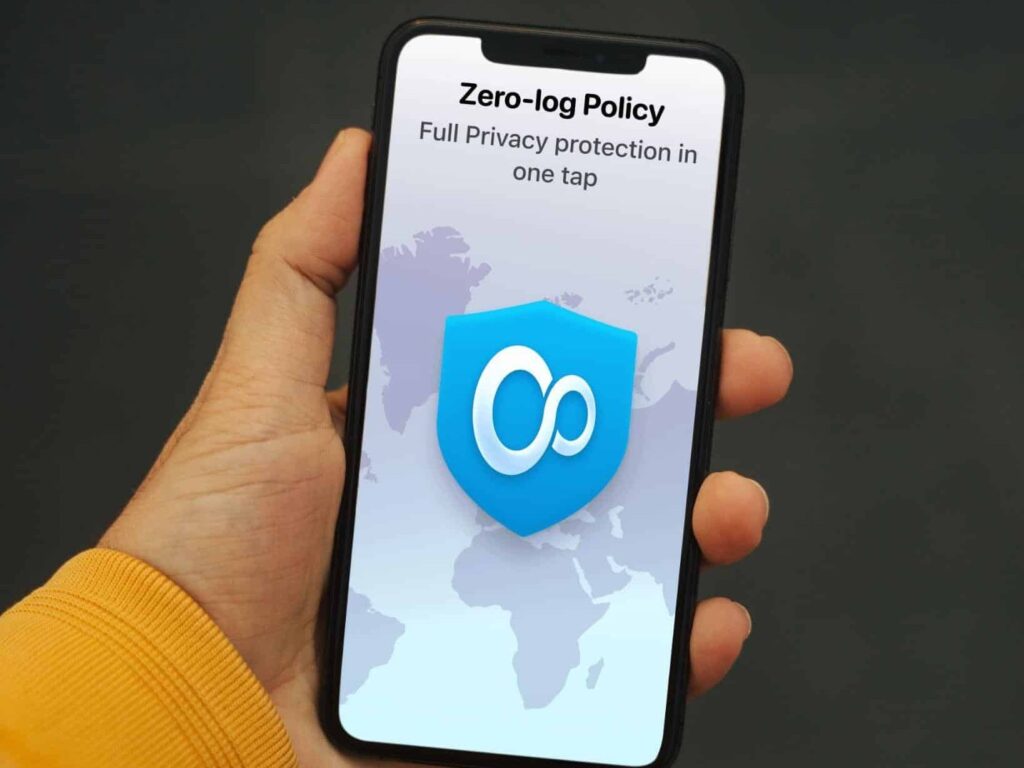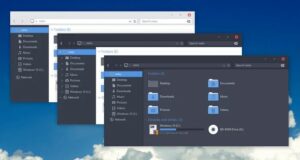When I started my writing career, it was mostly just sitting in my home office and tapping away at a keyboard about things I already knew a lot about. But soon, as I started to take on more diverse clients and charge more for my services, it was obvious that I could add something to my life that I had always hoped for: travel.
As long as I had an internet connection, I could work from anywhere!
That meant my home office started to gather dust and instead I was working from airport lobbies, coffee shops, and yes, even the occasional beach. That sometimes meant using my phone’s cellular data, but often I would find a local Wi-Fi connection to get online.
But there was one problem with all of this freedom: I was never quite sure how secure any of these Wi-Fi networks were. Was it safe to be working with client information, invoices, or other confidential documents on a network that was open for anyone to use?
That’s when I realized I needed a virtual private network (VPN), such as VPN Unlimited.
Building a wall out of sticks
Just like everyone else on the planet, I had seen plenty of ads for VPNs and had heard people talking about them in passing. But I didn’t know what I was doing. How different can they be? I just wanted to be able to browse the internet and do my work without worrying about some hacker stealing my information.
I signed up for the first service that popped up in my Google search, clicked it on the next time I was at the airport Five Guys, and forgot about it. I was safe, and so was my data – or so I thought.
Hull breach, deck 6
Okay, I’ll admit it. I was using this VPN to watch a certain red-and-white streaming service out-of-market when I realized that I wasn’t quite as protected as I had thought. Halfway through an episode of Parks & Rec, the geo-blocker suddenly clicked in and told me I couldn’t keep watching.
After checking the VPN, I discovered that it had lost connection but my internet hadn’t cut out. That means I was sending out all that personal information that I was trying to protect, and if I hadn’t been watching a show, I wouldn’t have even known.
I needed to do something – I needed to upgrade.
Finding a kill switch
The thing I was after was a service that would protect my data even if the VPN wall fell. Something that would guarantee no leaks, even if I was in an area with spotty coverage.
That’s when I discovered VPN Unlimited, which has a feature called a kill switch. This was exactly what I was looking for. It instantly turns off your internet connection if there is a disruption of the VPN service, meaning nothing can get out even if the wall drops.
But when I kept reading about their other recent updates, which included an interface redesign, GDPR functionality, and optimized stability, I realized just how far behind the curve I was in my online security.
Captain’s log
Ever heard of a zero-log policy? I hadn’t either. What this means is that any data that travels through the VPN – from browsing to streaming to torrenting to gaming – will never be stored or monitored. So not only is your data protected while in transit, but also your identity and location are never revealed.
This was a huge selling point for me because I suddenly realized how much safer I could be when working on public Wi-Fi or even at home.
If anyone were to hack my network (and trust me, people have tried), they would never be able to see what I was doing or where I was doing it from. There hadn’t been anything like this offered with my original service.
Available (almost) anywhere
They also offer over 3,000 servers around the world, so I knew that wherever I was traveling, I would be able to use VPN Unlimited. That is of course unless I’m looking for Russia or Belarus. This Ukrainian-owned business shut off servers there at the beginning of the war – and I don’t blame them one bit.
Savings, on savings, on savings
Once I realized I didn’t know very much about my security, I started looking at other products too. Luckily enough, VPN Unlimited is part of a comprehensive security package called MonoDefense which includes three other services.
- DNS Firewall: A service that guards against malware, phishing attempts, and other malicious attacks
- Passwarden: A secure password manager that encrypts and stores your login information
- SmartDNS: A service that can unblock geo-restricted content and improve streaming speeds
If you are like me, and are often traveling for work or just want to make sure your data (and your client’s data) stays out of reach, I recommend at least looking into VPN Unlimited. With a 30-day money-back guarantee, you can’t go wrong.




